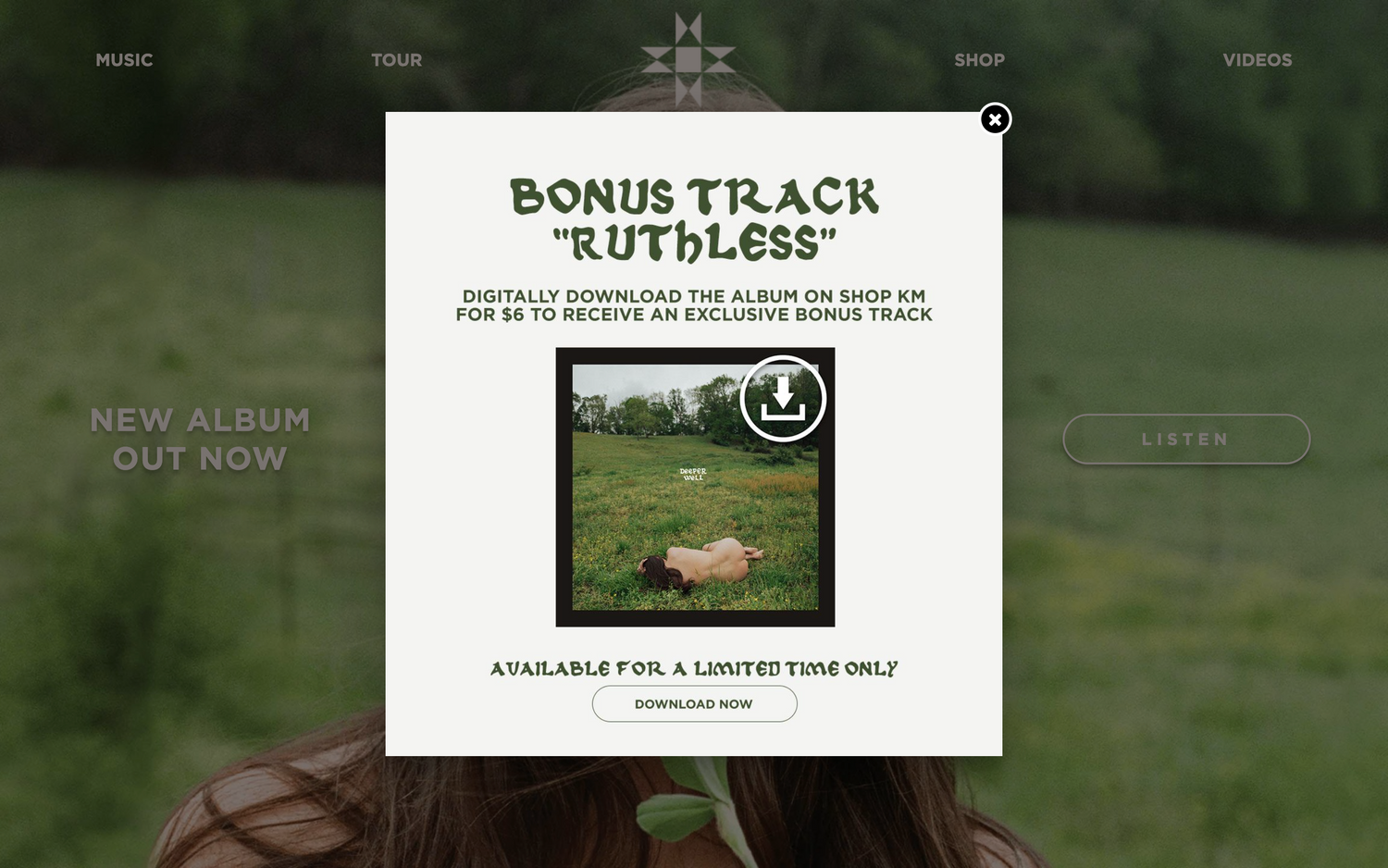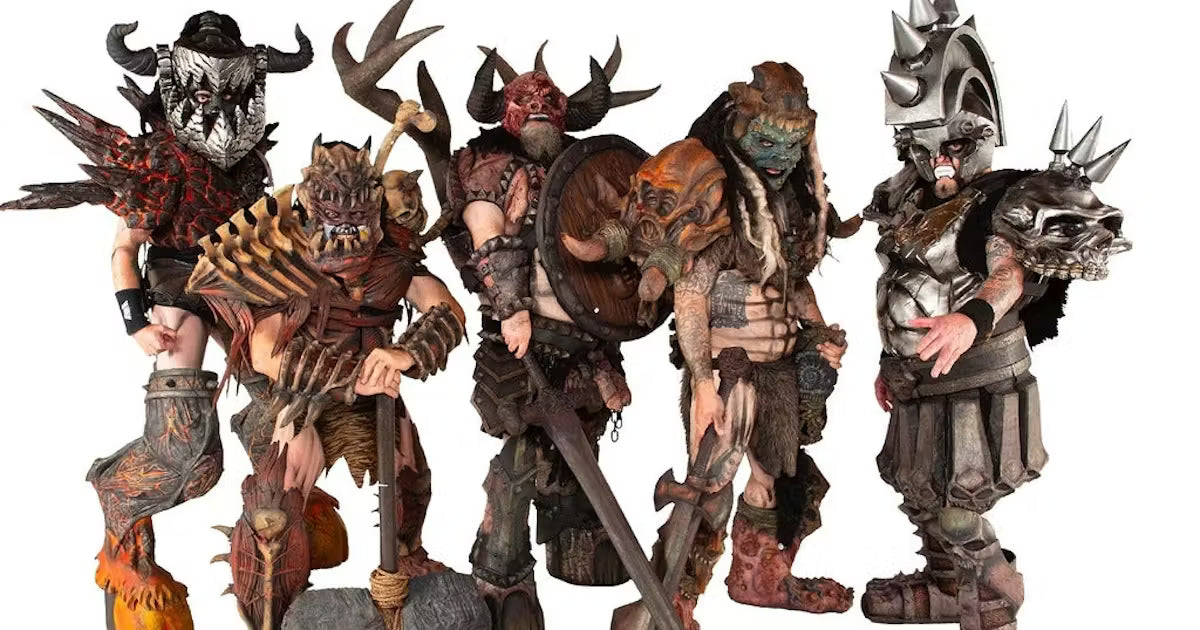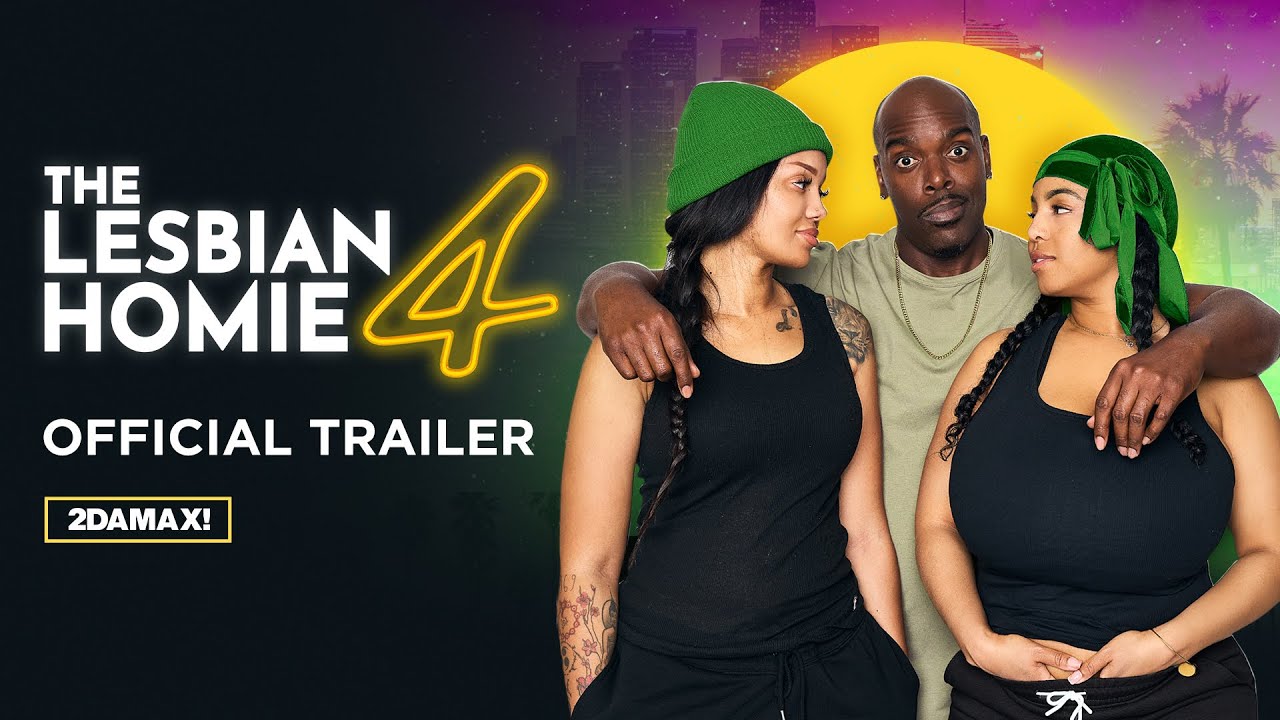How You Can Learn from Top Artists and Break Your Way onto the Charts
Getting your music counted on reputable charts like Billboard can give your career a huge boost. But it takes strategy and know-how to get accurate sales numbers reported.
This guide will walk you through the key steps artists need to take to get their music sales counted, along with all the insider tips and tricks to go from dreaming of a #1 album to actually hitting the top of the charts.
Which Billboard Charts Should Artists Focus On?
For most artists, topping the Billboard charts is the holy grail. The two most coveted are:
- Billboard 200: Ranks the top albums by sales in the U.S.
- Hot 100: Charts the most popular singles based on sales, airplay, and streaming.
While these major charts represent mainstream success across all music, they are mostly attainable by top major label artists. Up and coming independent artists should focus more on the smaller genre-specific charts like Rock Albums, R&B/Hip-Hop Albums, and Country Albums. These niche charts help establish credibility within your genre, and emerging artists have a better chance of appearing on them compared to the mainstream Billboard 200 and Hot 100.
How Does Billboard Track Album Sales?
Billboard doesn't directly collect sales numbers. They rely entirely on figures reported by Luminate (formerly SoundScan). Luminate gathers data from physical and digital retailers, venues, streaming platforms and more. This aggregated data gets sent to Billboard every week to form the basis for ranking songs and albums.
As it sounds, reporting sales can be a tedious process! This is where tools like Single come in handy, as the app for Shopify to automate sales reporting to Luminate.
What Types of Sales Count Towards Billboard Charts?
The Billboard 200 and genre album charts rank albums based on “equivalent album units” earned. This includes both traditional album sales as well as streaming equivalents.
Here are the key sales channels that contribute to your EAUs:
- Digital downloads from iTunes, Amazon, etc.
- Physical CD sales from music retailers
- D2C sales from your Shopify store (digital sales, physical music sales, box sets and fan packs)
- Streams on major platforms like Spotify
- Track equivalent albums (TEAs) for singles
If you're an artist looking to chart, your focus should be driving sales and streams from sources that get properly reported to Luminate.
How Can Artists Maximize Reported Sales?
Now that you know what sales get counted, here are some of the top strategies artists use to drive reported albums sold from their D2C shop:
1. Offer exclusive D2C digital albums: Kacey Musgraves recently dropped a digital download of her album "Deeper Well" with bonus track “Ruthless” for $6, available only on her site to drive direct sales.
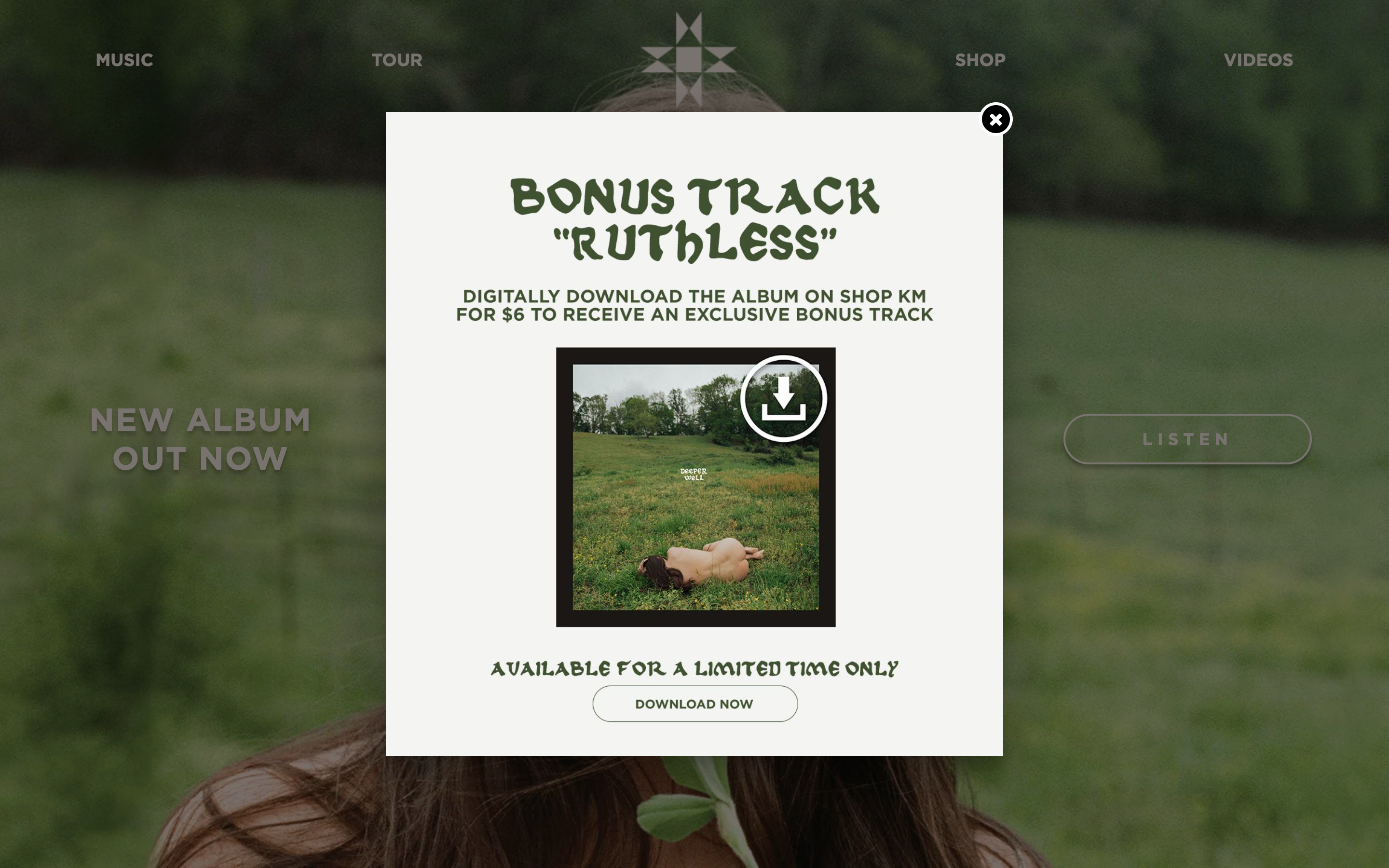
2. Create a Fan Pack: Billboard's newest way to combine music + merch sales into one cohesive offering, now known as Fan Packs. Justin Timberlake recently put out EITIW FAN PACK 1 and 2, tying together albums with merch so fans can support the artists and increase JT's overall charting album totals.
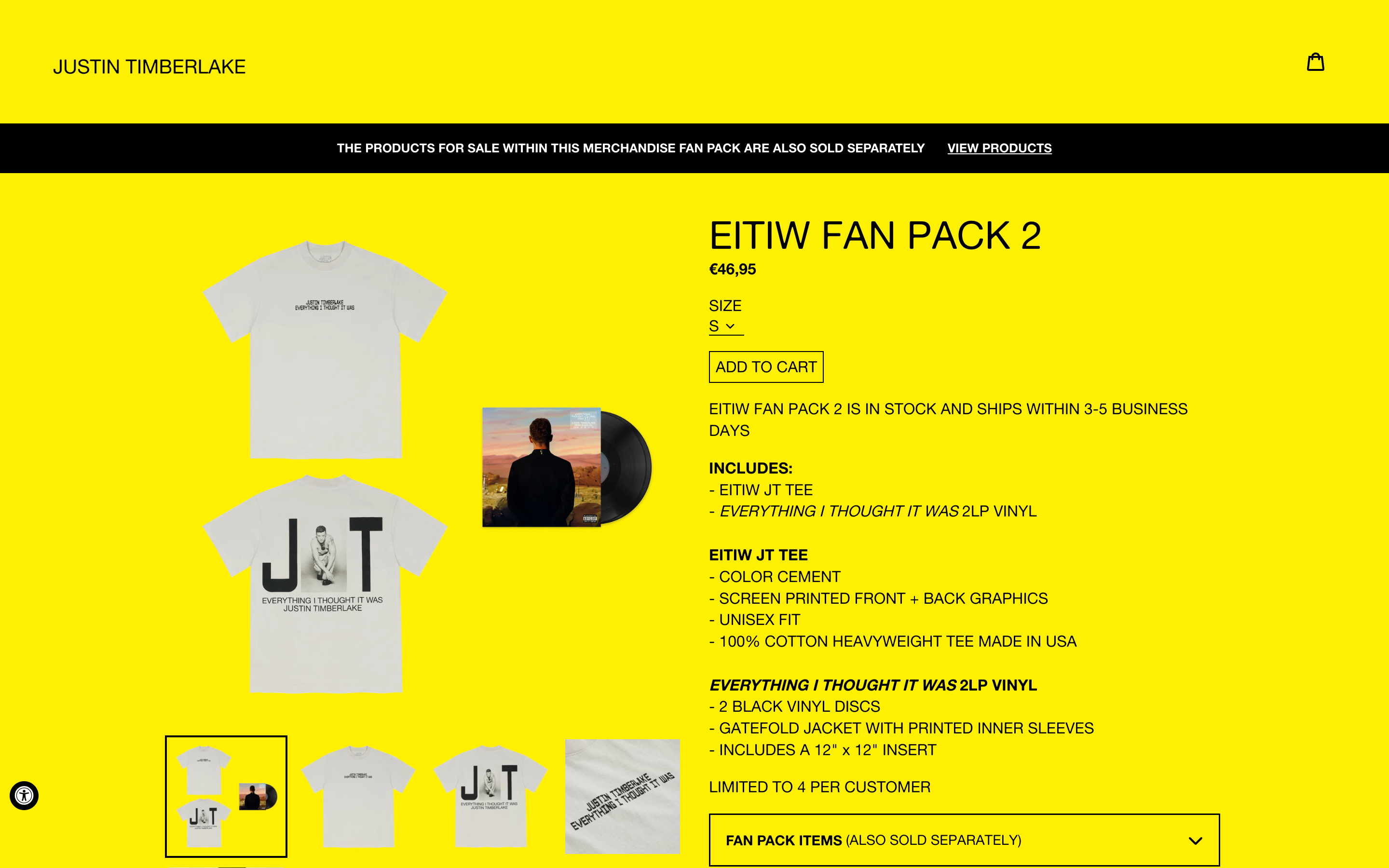
3. Use checkout upsells: One of our favorite examples of this is Usher's Skims collab. Any Skims purchase triggered an upsell for his digital album with exclusive track “Naked.”
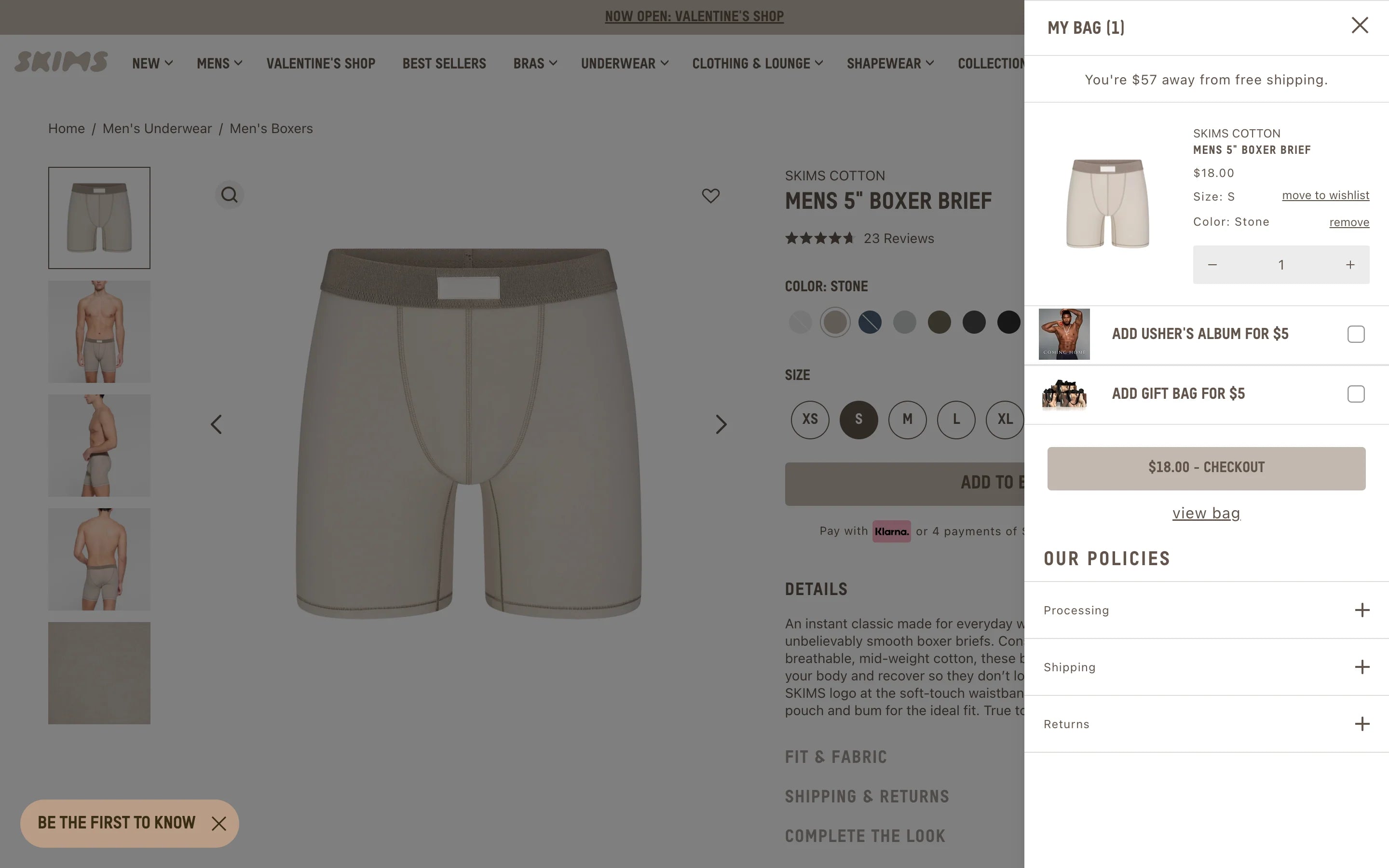
4. Price music at the $4.99 minimum for reporting: This is a given, as it's a surefire way to sell more, to everyone. SiR recently did this, pricing his pre-release "Heavy Compact Disc" at the price minimum to make it affordable for fans while still being tracked by Billboard.
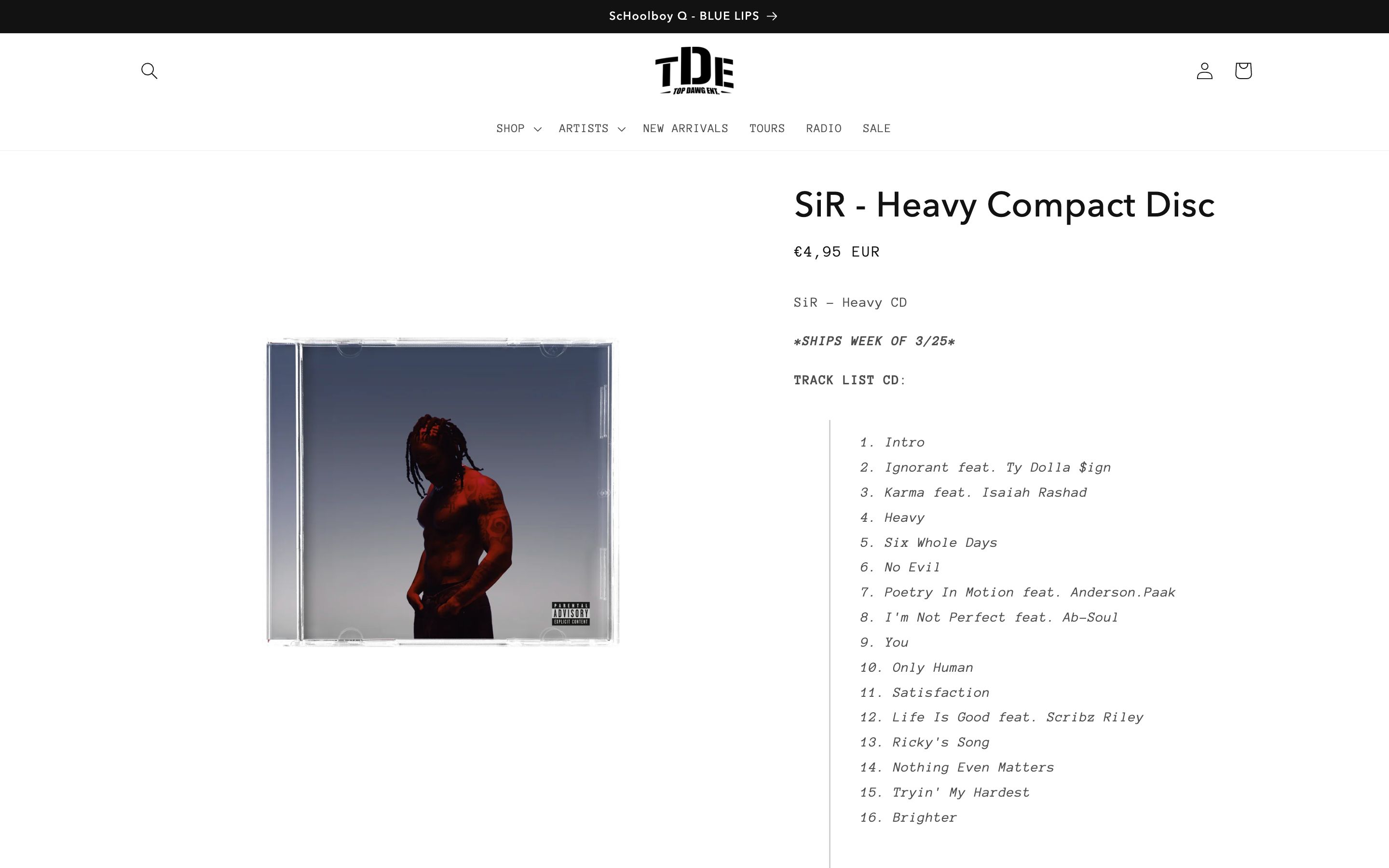
5. Drop box sets with music, merch, and memorabilia: A bit more involved than Fan Packs and other strategies, but box sets are a great way to pack in a lot of value for fans with your music. Beyonce recently did this, in a "Cowboy Carter" box with her CD, memorabilia, and more for a high-value bundle that sells.
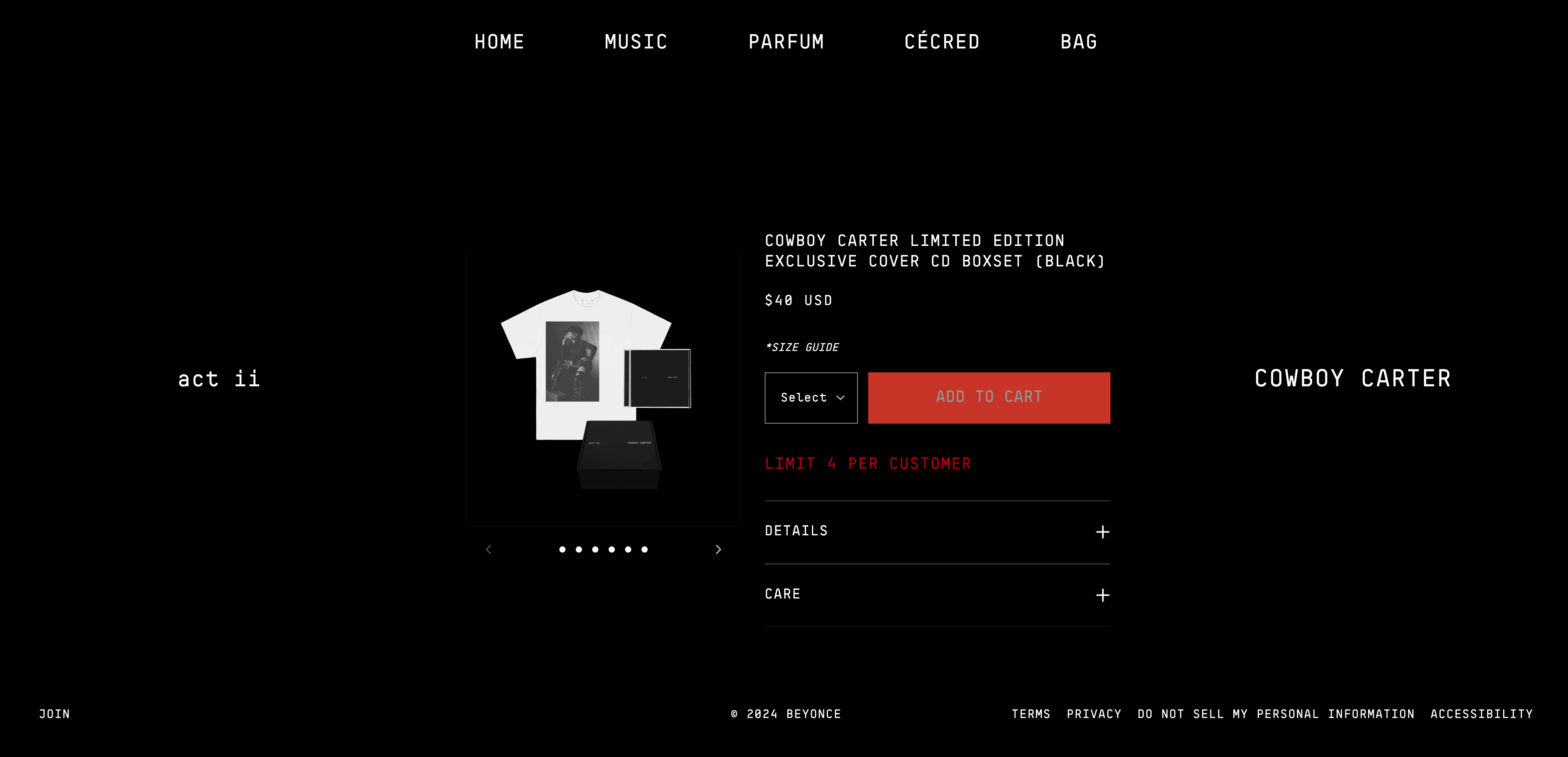
Key Takeaways
- Focus on driving sales through your own D2C channels to ensure proper reporting
- Create valuable fan packs and box sets with merch and exclusives
- Use upsells and pricing strategies to drive album sales
- Leverage tools like Single to automatically report all eligible sales
Feeling Inspired?
Install Single in your Shopify store.
Thinking big?
Want to sell your own Fan Pack or something else? Our professional services team frequently partners with clients to help brainstorm ideas, build websites and more.


